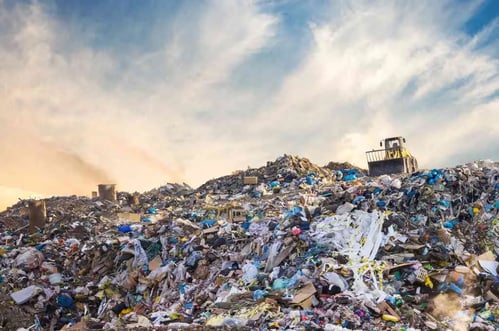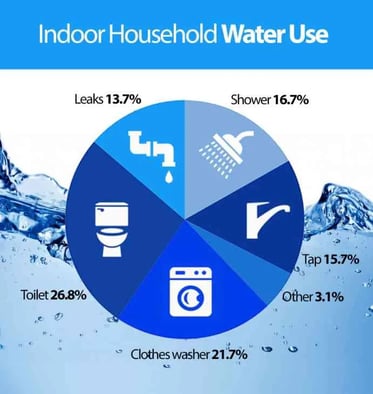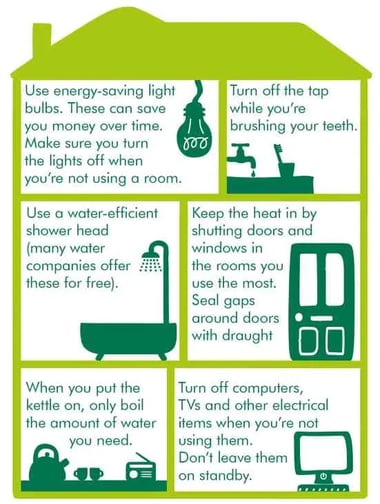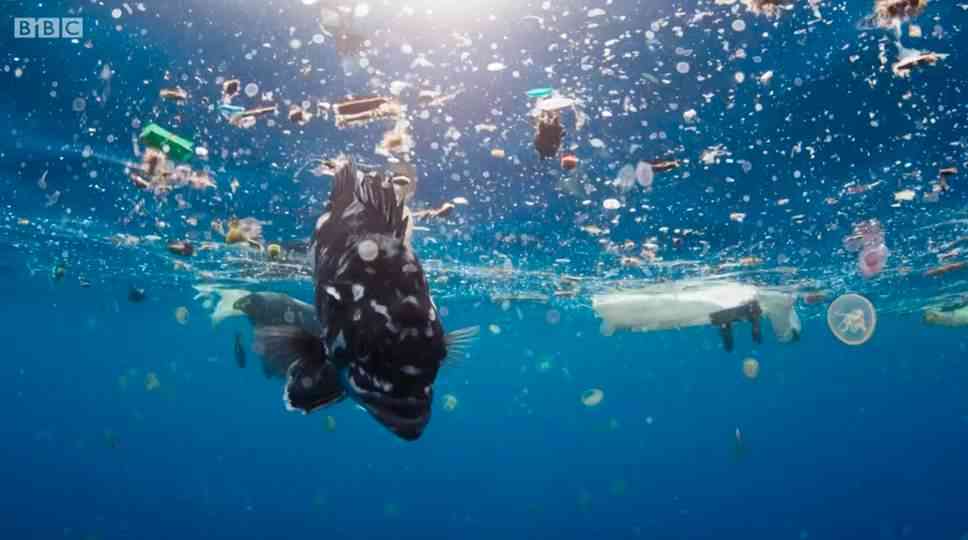Water And Energy Efficiency
If you didn’t watch David Attenborough’s Blue Planet, you’ll have heard about it on the grapevine/subsequent TV programmes/social media etc. Blue Planet certainly exploded and it was images like this one that got us all talking. It got your Average Joe considering how he could be more like the Great Sir David and do their bit to help the planet whether is grabbing your reusable coffee cup when you pop to your Costa (other coffee shops are available) or popping on that extra layer when you’re at work rather than leaving the engine running to keep you warm. This week’s toolbox talk is about about energy and water efficiency which needs to be a topic at the forefront of our minds when we work in an industry that it responding to the need for more housing and community buildings for the increasing population not just in the UK but all over the world. In India, for example, the population is estimated to reach 1400million by 2026, yet they are already experiencing a housing shortage. Closer to home in the UK, it is estimated that 340,000 new homes need to be built each year until 2031 to cope with the demand, so let’s ensure our resource usage is planned carefully so we don’t make an even bigger dent in our carbon footprint.

So, channelling my inner Sir David, let’s talk about a few of the issues we face when it comes to water and energy efficiency. It is estimated that your average UK citizen uses 150 litres of water a day and we’re lucky that in the UK our water has been through an expensive cleaning process yet globally it is estimated that 1.1 billion (1 in 6 people) do not have access to improved drinking water and almost 3 billion people live in water scarce conditions. We waste a lot of water in the UK so it is important to consider how to reduce that waste. Then we come to issues of energy waste. Much of the energy we currently use comes from natural resources (gas, coal and oil) being fired up at the power stations which is already scarce and yet a lot of the energy we use is wasted and of course contributes to greenhouse gases, global warming and climate change. Poor workmanship when installing materials such as insulation, windows and doors have a big impact on how much energy a building uses when it is occupied. Of course, we could also talk about waste in terms of rubbish that ends up piled high in huge landfill sites. On average is it estimated that the UK throws away their own body weight in rubbish every 7 weeks and the average UK family throws away 6 trees worth of paper in their household each year. We could go on with the issues our planet faces but what are some of the solutions?
Did your mouth drop to the floor when you opened the water/electric/gas bill recently? Did you have a rant to your other half about those greedy energy companies? Did you get on your political high-horse and grumble that the Conservative manifesto in 2017 promised we’d have competitive and affordable energy? Well, whilst energy may be expensive the cheapest energy is that that we don’t use in the first place so we need to think about ways to reduce our energy consumption at home and work whilst also reducing out wasted energy being a Moaning Mertyl!

So, what can we do we do to reduce our water and energy usage? First of all, switch off those appliances that you are not using. Yes, leaving the engine running may be keeping you warm in the cab and leaving the lights on in the site kitchen may be less hassle but just this small switch (pardon the pun) saves money, reduces the waste of precious natural resources and reduces the contribution to greenhouse gases and global warming. Leaving appliances on standby, as well as wasting energy can also cost you an extra £175 a year. Make sure you operate plant efficiently by using appropriate power and ensuring regular services and maintenance. Closing windows and doors when heating and air conditioning are on also ensures that energy wastage is kept to a minimum. Reusing material on site is a great chance to cut down on waste as well as considering using local suppliers for materials to cut down on travel and the vehicle fuel and emissions. Finally consider your water usage for example leaving hoses running wastes a huge amount of water in a short time and ensure leaks are fixed promptly as a leaking toilet could waste 344,470 litres a month, those little drips really add up! There are endless ways that we can encourage energy efficiency, we’ve barely scratched the surface here but if you’re interesting in being a bit greener then take a look at websites like Green Choices which gives you information on green alternatives so you can do your bit for the planet.

